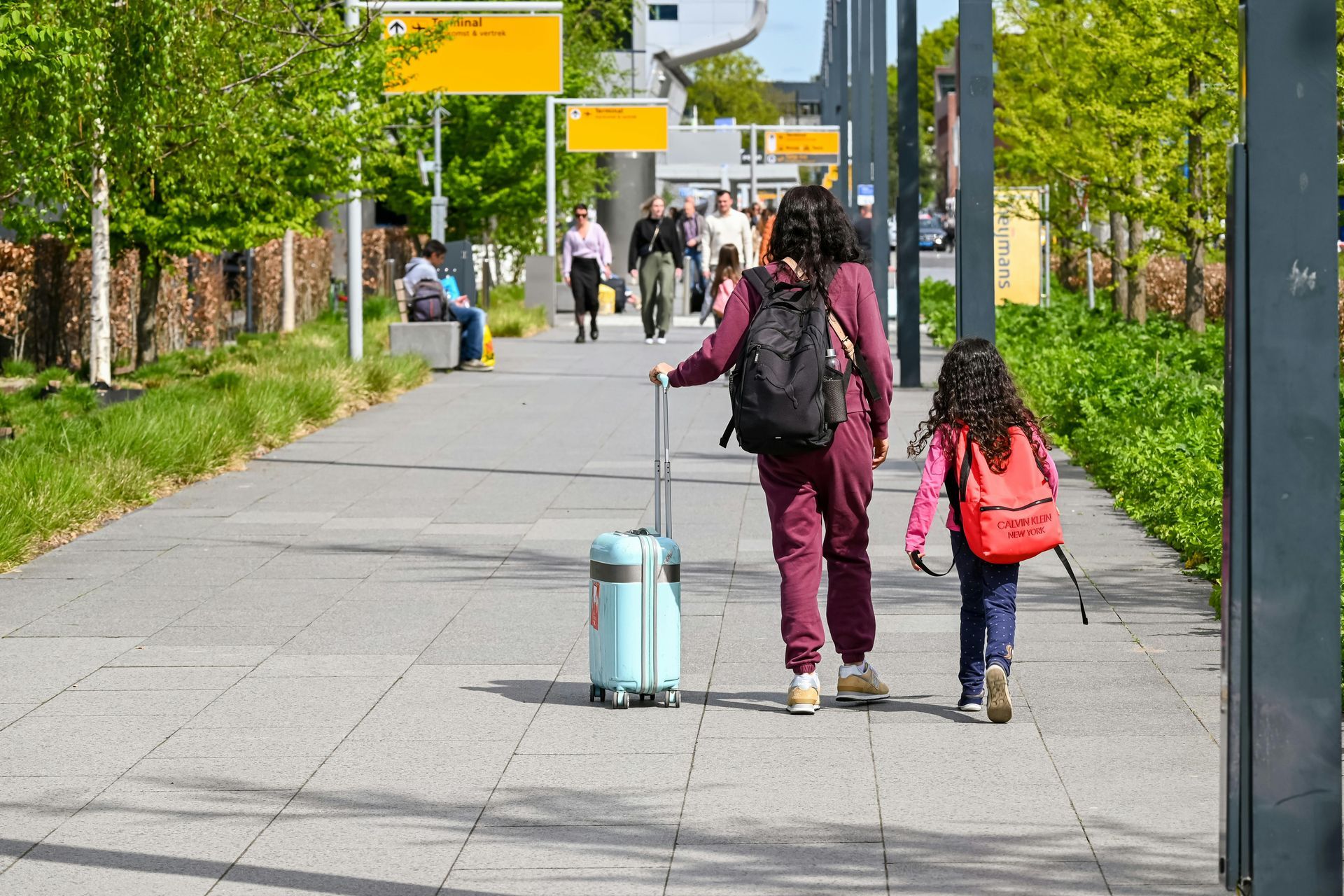Denice Flores, Esq.
Denice Flores, Esq.Email: dflores@santoslloydlaw.com

Under the new regulation, if a person filed or files Form I-589, Application for Asylum and for Withholding of Removal after October 1, 2024, and the application remains pending with USCIS for 365 days, the applicant must pay an Annual Asylum Fee (AAF) on the one-year anniversary of his or her filing date.

Family-based immigration remains one of the most common paths to lawful permanent residency in the United States. It offers a lifeline to families hoping to reunite across borders, but the process is far from simple. The outcome of the applications can be delayed as a result of potential missteps while preparing the applications. Here are some of the most common pitfalls and how to avoid them: Incomplete or Inaccurate Forms One frequent mistake is submitting incomplete or inaccurate information on the forms like the I-130 (Petition for Alien Relative) and the I-485 (Adjustment of Status). Even minor errors such as misspelled names, missing signatures, or incorrect dates—can result in Requests for Evidence. To avoid this misstep, double-check all entries, cross-reference documents, and consult with an attorney before submission. Remember, immigration forms are legal documents so accuracy matters. Insufficient Supporting Evidence Proving a genuine familial relationship is the basis of family-based petitions. For spousal cases, USCIS looks closely at evidence of a bona fide marriage. Little or no supporting documents and evidence may lead to Requests for Evidence and even skepticism from USCIS. To establish a bona fide marriage, include documentation to show shared finances and liabilities. Filing Under the Wrong Category or Preference There are different immigration paths depending on whether the petitioner is a U.S. citizen or lawful permanent resident, and whether the beneficiary is a spouse, child, sibling, or parent. Each category has different processing times and visa availability. It is critical that before applying, you understand which preference category applies to your case. Immediate relatives of U.S. citizens (spouses, parents, unmarried children under 21) generally receive faster processing and are not subject to annual visa caps. Not Disclosing Past Immigration or Criminal History Many applicants fail to account for past immigration violations such as visa overstays, unauthorized work, or prior removal orders. Similarly, if you fail to disclose past criminal history and these issues surface later in the process they can affect the outcome of the case. Disclose everything to your attorney, no matter how minor or old the issue seems. Prior violations don’t always mean denial but not disclosing them may lead to serious consequences. If you're considering filing a family-based petition, consult with an experienced immigration attorney at our office. Our office is committed to helping families navigate this complex process with clarity and confidence.
L'avocate Denice Flores est la fille de parents immigrés du Mexique. Elle a été la première à constater l'impact de la loi sur l'immigration sur les familles et les individus immigrés. Mme Flores a commencé sa carrière dans l'immigration en 2015, grâce à son travail, elle a découvert sa passion pour le droit de l'immigration et a décidé de faire des études de droit pour poursuivre sa carrière en tant qu'avocate spécialisée dans l'immigration. Pendant son temps libre, Mme Flores aime passer du temps avec son mari et sa famille. Elle aime également regarder des documentaires, voyager et manger de bons plats.
En savoir plus sur Denice
Domaines d'activité
 Button
ButtonDroit de l'immigration
- Demandes d'immigration humanitaire et familiale :
- Asile
- TPS (Statut de protection
temporaire)- Visa U
- I-929
- VAWA (loi sur la violence à l'égard
des femmes)- I-130 (demande de parent étranger)
- I-601A waivers (renonciation à la
présence illégale)- Ajustement du statut
- DACA (action différée pour les
arrivées d'enfants)- Naturalisation
- I-751
- I-212
- Visas basés sur l'emploi :
- O-1B
- O-1A
- EB-2 NIW
- EB-1A
- Autres :
- Mandat d'arrêt
- Représentation en matière
d'expulsionFormations
 Button
Button- Juris Doctor, École de droit Thomas Jefferson, 2019
- Licence en sciences, Université d'État de San Diego, 2015
Langues
 Button
Button- Anglais
- Espagnol
Admission au barreau
 Button
Button- Association du barreau de l'État de Californie
Distinctions et Récompenses
 Button
Button- Magna cum laude- Juris Doctor
Bénévolat
 Button
Button- Participation active à des organisations à but non lucratif de défense des droits de l'homme et de l'immigration dans le comté de San Diego




